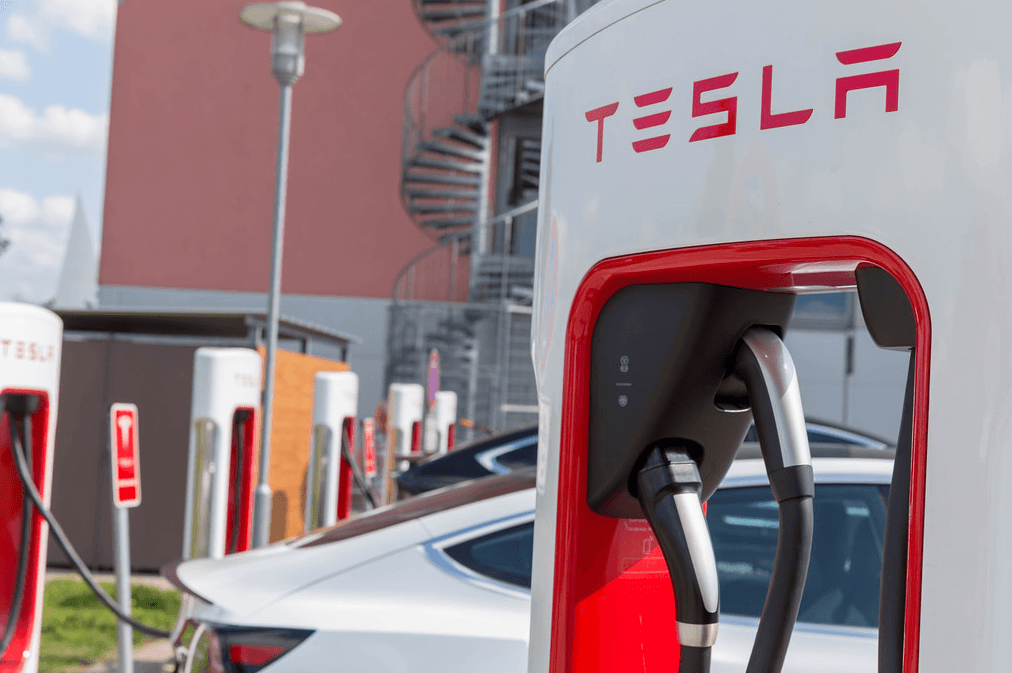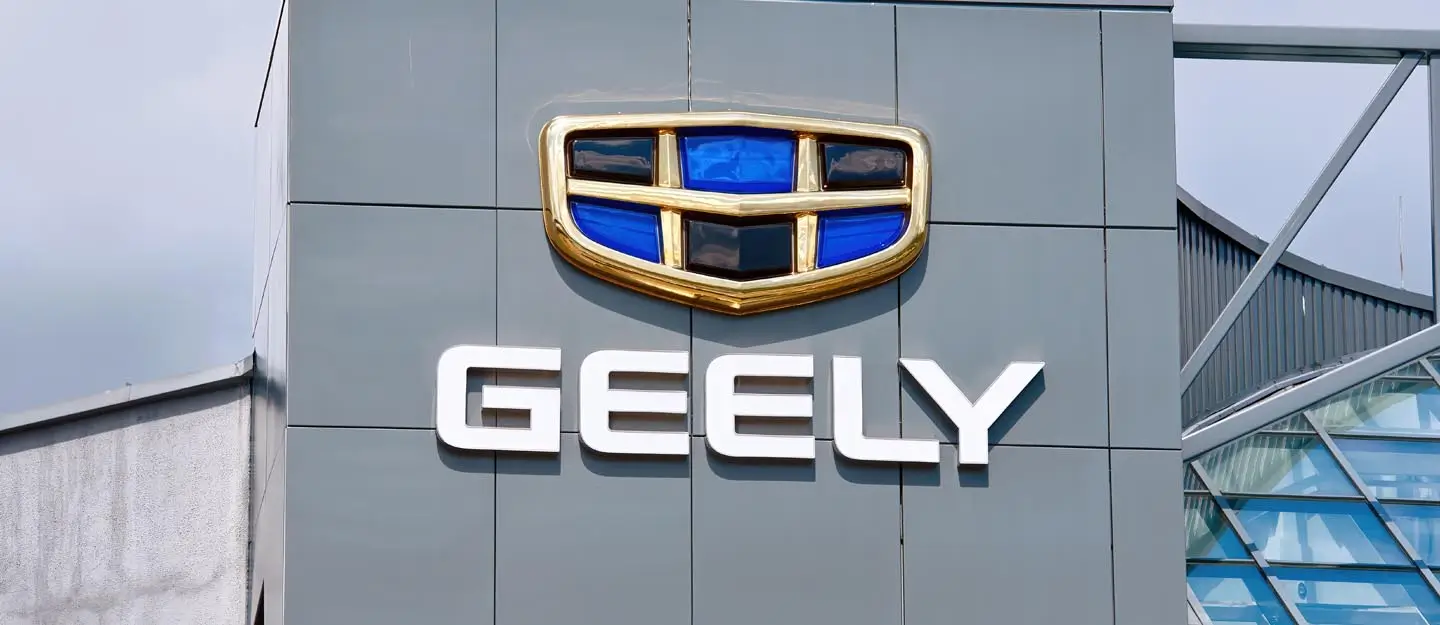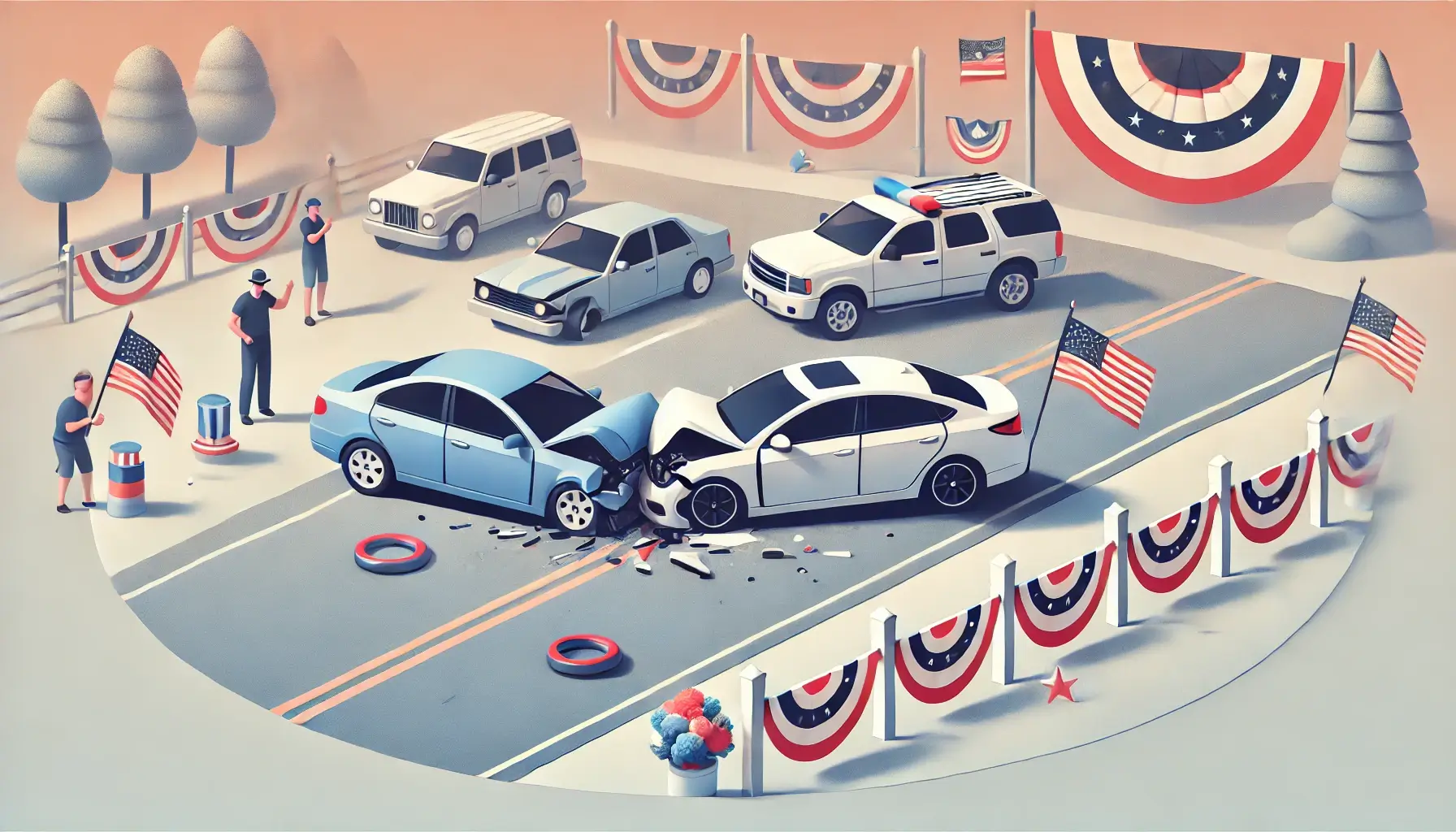New Biden EV Charger Rules Force Tesla Changes (PDF)
By 2024, 55 percent of the cost of the chargers will come from U.S.-made components, according to the Biden administration’s final rules on its national electric vehicle charger network.

As a result of nearly eight months of debate, the Biden administration hopes the new rules will jump-start the biggest reshaping of the U.S. driving landscape ever. With it, consumers will have access to a growing network of electric vehicle charging stations, including Tesla Inc.’s Super Chargers, coast-to-coast.
The company that wants to receive a US$ 7.5 billion federal subsidy for this network must also adhere to the American charging connector standard, called CCS (Combined Charging System), and use smartphone-compatible payment options. By adopting the CCS standard, Tesla plans to expand beyond its own connectors.
No matter which EV you drive, you need to be able to plug in, know what you’re going to pay, and charge up in a predictable, user-friendly manner.
As the US federal government releases billions of dollars in funds in the coming days, companies will have to compete for their share. According to President Joe Biden’s plan, 50 percent of all vehicle sales to be electric in the United States by 2030, which is aimed at combating climate change. Sales growth has been hampered by the lack of chargers on the highways, however.
As a result of Biden’s leadership, electric vehicle sales have doubled, and the number of charging stations has grown. Manufacturers warn that setting a national component quota too soon could delay the program. White House climate adviser Ali Zaidi assured this goal for the environment was achieved.
Made in America
Federal infrastructure projects must source at least 55% of their building materials from the United States under the bipartisan Infrastructure Act of 2021. Furthermore, all manufacturing and assembly of these projects, such as electric vehicle chargers, must be done within the country from now on.
The Department of Transportation has requested an exemption for electric vehicle (EV) charging stations and has proposed that at least 25% of equipment components be manufactured in the United States by July of this year, increasing to 55% by January 1, 2024.
In the new regulation, companies must pay 55% of the cost of the components by July 2024. Chargers must be printed and housings made of iron or steel must be manufactured in the US.
Because of the strong global demand for electric vehicle chargers, the industrial sector is under pressure. This has made it difficult for chargers to be manufactured by made-in-America standards. State and company officials have notified the Department of Transportation of this issue.




